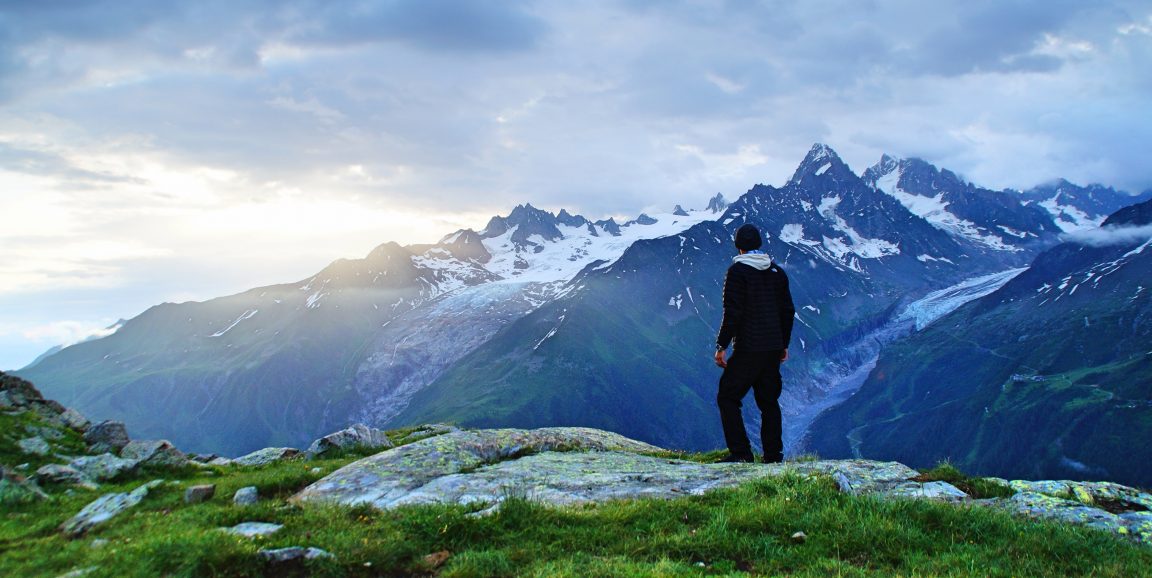To prevent altitude sickness, same-day medication may help - Scope

To prevent altitude sickness, same-day medication may help
 Part of my graduate school orientation took place in California's White Mountains. I'll never forget the ancient bristlecone pines, stunning views, or how sick and weak I felt the next morning. Turns out I, like many lowlanders who suddenly find themselves in the mountains, had a mild form of altitude sickness.
Part of my graduate school orientation took place in California's White Mountains. I'll never forget the ancient bristlecone pines, stunning views, or how sick and weak I felt the next morning. Turns out I, like many lowlanders who suddenly find themselves in the mountains, had a mild form of altitude sickness.
Altitude sickness can be extremely debilitating and, at its most severe, deadly. That's why Stanford emergency and wilderness physician Grant Lipman, MD, is investigating medications that can help recreational mountaineers, as well as rescue crews, stave off its effects, particularly if they need to ascend with short notice.
His latest work, published this week in the American Journal of Medicine, pitted two medications thought to confer some protection against one other. But, as Lipman's team found, only one of the medications, acetazolamide, which is commonly used for glaucoma, was effective when taken the morning of ascent. The other medication, an inhaled steroid called budesonide, did not provide any protection, although a few previous studies had suggested it did.
For the research, Lipman's team randomized 103 healthy hikers to one of three groups — acetazolamide, budesonide or placebo. After sleeping at a lower elevation and taking the assigned medication in the morning, the participants went on two hikes of about 3.5 miles, ascending to 12,570 feet in the White Mountains. Then they spent the night at the lovely White Mountain Research Center.
About 73 percent of the hikers experienced some altitude sickness, with about half suffering from severe acute mountain sickness. Yet fewer participants who took acetazolamide experienced symptoms than those in the placebo or the budesonide groups. Lipman explained the study found that for every four people who take acetazolamide, one case of severe acute mountain sickness was prevented.
And as for budesonide? Well, it's not a good idea, Lipman said:
Budesonide doesn't work and should not be recommended. The two studies (by the same author group) have not been externally validated, and the inhaled drug budesonide was worse than placebo, as well as acetazolamide. New drugs for acute mountain sickness prevention are often intriguing and attractive options for a multitude of reasons, but us (along with a separate study group out of Western Europe) were unable to support its efficacy using rigorous scientific research methodology.
Lipman previously found that ibuprofen taking the morning of ascent can also help prevent altitude sickness. This summer, he plans to compare ibuprofen to acetazolamide to see which performs better.
His advice:
If someone is planning on sleeping above 10,000 feet, and is increasing their sleeping elevation more than 1,600 feet per night, they are putting themselves into a higher risk category, and run the risk of waking up super sick or debilitated. Acute mountain sickness is miserable — this is an easy and safe intervention.
Acetazolamide requires a prescription, but Lipman said most doctors should feel comfortable prescribing it for high altitude exposure and it is not prohibitively expensive. And he was glad to point out another key benefit of same-day dosing of acetazolamide: "Morning of dosing also means that you can drink beer the night before."
Previously: Where the air gets thin, a familiar medication may help
Photo by Nicolas Cool
Popular posts

Ways to boost blood iron levels while eating a vegan or vegetarian diet


Comments
Post a Comment